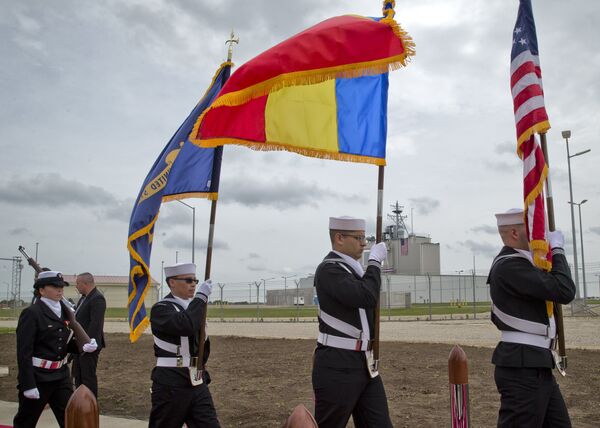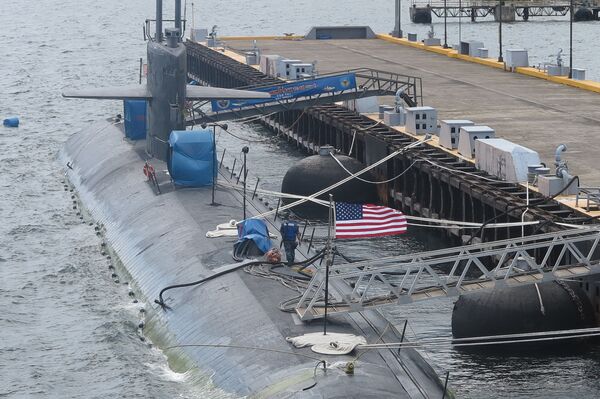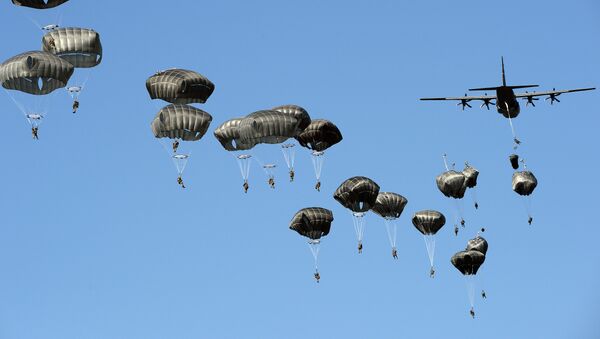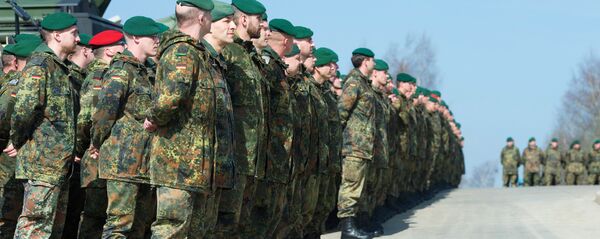"Geopolitical configuration has forced the United States to hold on to Europe like to no other part of the world," he said. "This is what allows Washington to control North Africa, the Middle East and Central Asia, let alone trade routes across the Atlantic Ocean that yield more than $4 billion per year."
The only way for the US to "keep tabs" on its allies in Europe is to be present in the region, the analyst added. The fact that Washington pays the largest share of NATO's military budget is not enough.

Koshkin further turned to Washington's pivot to Asia. He pointed out that even when the US decreases its military presence somewhere in the world, these cuts do not affect the Pentagon's capabilities in the Asia-Pacific.
"The United States wants to expand NATO to the region since the bloc offers powerful capabilities," he said.

The analyst views this as Washington's long-term strategy that will not be affected by the November presidential election.
"It is highly unlikely that anything will change when the next US president comes to power. This strategy will be expanded to include necessary military installations, financial streams and agreements. This will help to expand NATO to the Asia-Pacific since the rise of Russia and China is a matter of major concern to the US," he said.





